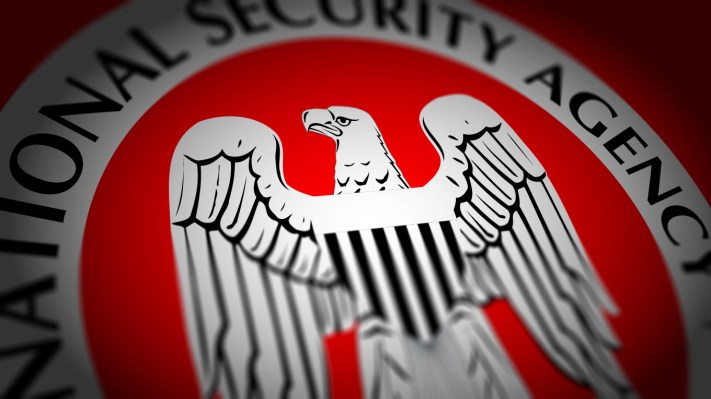As expected, technology companies, tech trade groups and privacy organizations sent a letter today to the President Barack Obama, various members of Congress, and governmental security officials, urging reform of the U.S. government’s surveillance practices.
Tech companies represented by groups that signed the letter include Microsoft, Dropbox, Facebook, Apple and Google. Other tech firms such as Mozilla and CloudFlare signed on alone.
The missive concerns Sections 215 and 214 of the PATRIOT Act, a law passed in the wake of the 9/11 terrorist attacks that’s been a key legal foundation for the government’s collection of Americans’ call record metadata, for example. The now-infamous Section 215 of the act will sunset on June 1, barring Congressional action.
That is why the companies and groups have banded together: The aligned front increases pressure on Congress to reform the act to end bulk surveillance. The letter’s language:
There must be a clear, strong, and effective end to bulk collection practices under the USA PATRIOT Act, including under the Section 215 records authority and the Section 2 214 authority regarding pen registers and trap & trace devices. Any collection that does occur under those authorities should have appropriate safeguards in place to protect privacy and users’ rights.
The letter goes on to demand increased transparency between private companies and their users, when it comes to active government surveillance and its prevalence.
Without the automatic sunsetting of Section 215, I doubt that we would be approaching another flash point between the privacy-focused, and the technologically less-astute members of Congress. The latter portion isn’t mere snark. Here is Senator Lindsey Graham, recently answering as to whether he has a private, non-governmental email address: “I don’t email. No, you can have every email I’ve ever sent. I’ve never sent one.”
And here is Graham on the NSA and its surveillance as it directly relates to Section 215 of the PATRIOT Act and what it undergirds:
I’m a Verizon customer. I don’t mind Verizon turning over records to the government if the government is going to make sure that they try to match up a known terrorist phone with somebody in the United States. I don’t think you’re talking to the terrorists. I know you’re not. I know I’m not. So we don’t have anything to worry about.
There is a natural tension between technology companies that desire to protect their business interests and try to allay the public’s concerns while allowing the government to get enough of what it wants that it actually adheres to reform. Not the simplest mix.
June 1 is now two months out. Consider this an early salvo.
